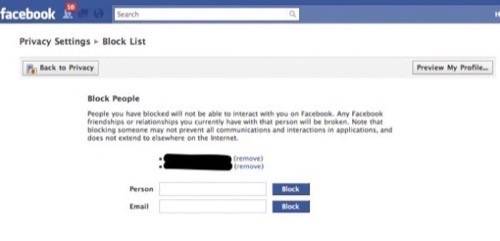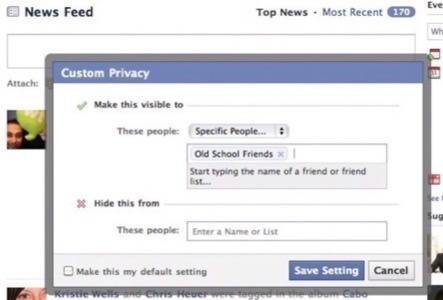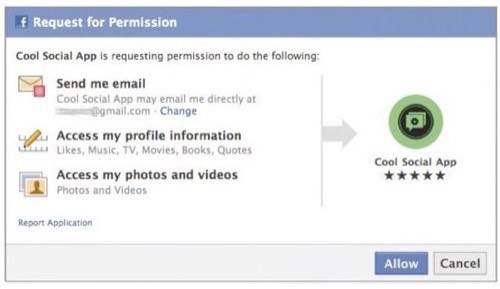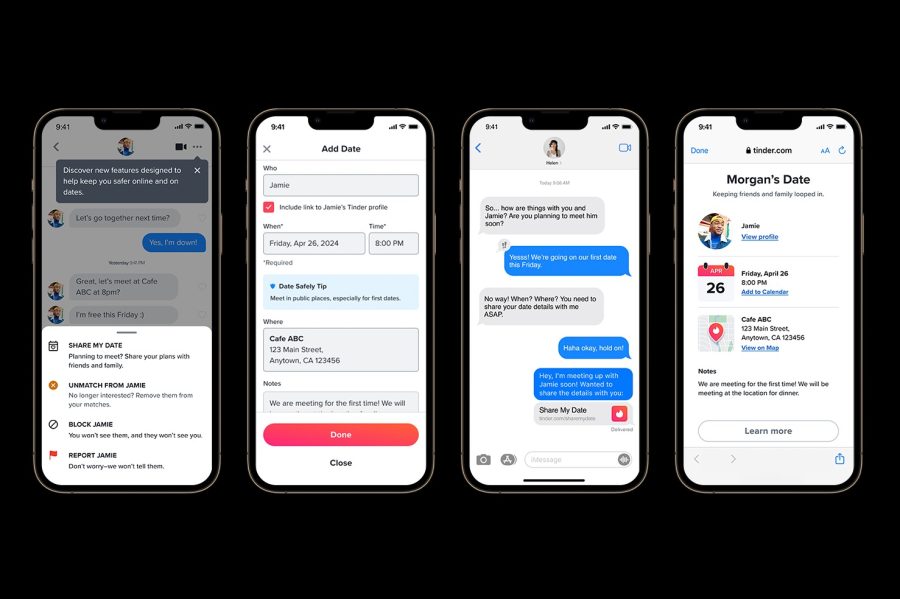Hundreds of millions of people signed up to use Facebook when the default setting was that things you published there were kept private among approved friends. That changed dramatically last December and the company has taken a pounding from critics all around the world, not the least of which has been us.

We’ve argued that Facebook is fundamentally wrong about privacy, but the truth of the matter is that there remain some very helpful privacy settings on the site. I thought I’d take a few moments to point out my favorites, in part to tell the other side of the story and in part to celebrate what we’ve still got, in case any more of it flies out the window in the future. Truth be told, these are features that are likely here to stay. Let’s just take stock of them.
Facebook used to argue (back in the old days) that privacy was important because when people trust that the things they share will only be visible to trusted friends, then they will feel comfortable sharing all the more. I still think that’s a valid argument. Why did Facebook change its strategy? See this post for an in-depth examination of the company’s stated rational.
As a technologist, I wish that trust had remained so that more content would be shared and thus could be built on top of as a platform for features and analysis. I think Facebook’s privacy violations will hurt the future of the internet. As an empathetic person, I wish Facebook hadn’t made the privacy changes it has because I think it’s important for everyday people to have a secure way to communicate online with trusted contacts. It’s been a revolutionary service and I think it’s tragic that so much trust has been lost.
None the less, here are my three favorite remaining privacy features on Facebook. What are yours?
Block Access By Particular People
Many people’s privacy concerns come down to wanting to communicate with friends without risking exposure to very particular people in their lives. Fortunately Facebook facilitates this by allowing users to block access by other individual users by name. You can visit this link to add Facebook users you want to be invisible to.

This feature is limited in its usefulness in as much as it only blocks people when they are logged in, so content of yours that is now irretreivably public (like your interest pages) are still discoverable by anyone logged out. Casual discovery by particular undesirables is effectively stopped though, and that’s good. You may also want to block access by say, a person’s entire family. In that case, you’re out of luck. “Block also friends of this person except for mutual friends,” would be nice for example. None the less: this is a good and helpful little feature.
Publishing Only to Particular Lists

Last Summer Facebook enabled users to publish updates that are visible only to particular lists of contacts, groups you have created. This is very smart. There are some things that are only appropriate for some people that you know.
We have argued that privacy today is more about respecting the contextual integrity of communication than it is about absolute secrecy. Photos from the bar shouldn’t be shown at Church and spiritual ruminations may be intended for family not for drinking buddies, for example.
It’s great that Facebook enables this limiting of content exposure. You can even make publishing to groups your default publishing path.
Unfortunately, this is hardly easy to do. It takes something like 5 clicks and some typing to select a particular group to publish to. Software users use default settings and group publishing is burried too deep in settings. It’s nice that the option is there, though, and we know some people use it regularly.
Limited Access to Data By Applications

Earlier this year, Facebook enabled 3rd party applications to request access to just some and not all parts of a user’s data. It also required that these applications clearly identify what data is being requested.
This is unconditionally good.
These are my favorite remaining features on Facebook and I’m glad they are there. The fact that the pages you “Like” (formerly “Fan”) cannot be made private since December is what drives me nuts more than anything else. That’s how mainstream users subscribe to syndicated updates from organizations of interest to them. That this hugely powerful publishing and subscription platform doesn’t allow private subscriptions is an absolute tragedy.
What about you? What are your favorite privacy settings on Facebook? Speak up now, lest they be dissapeared later.










